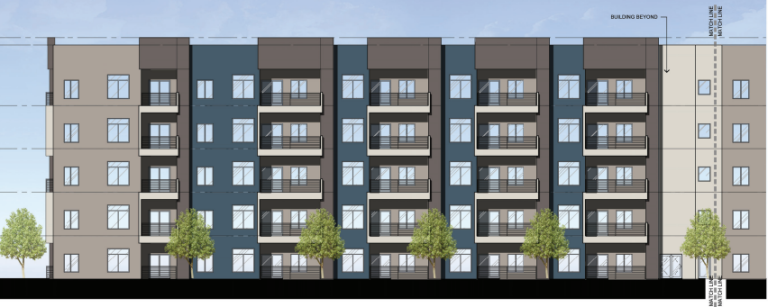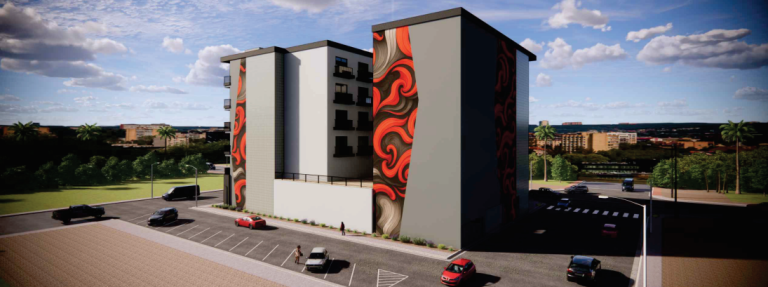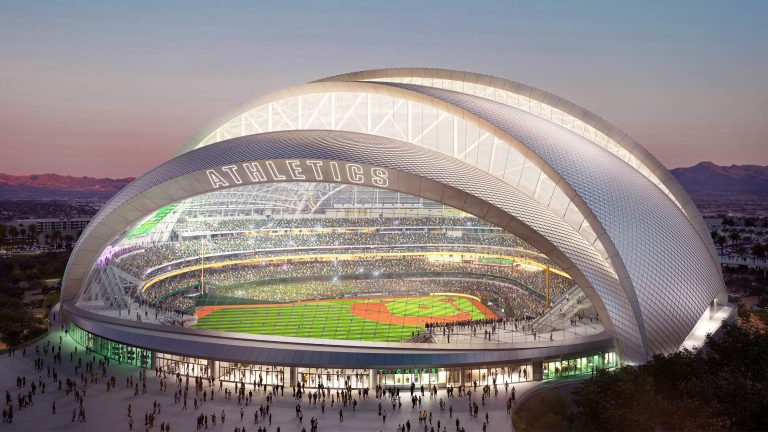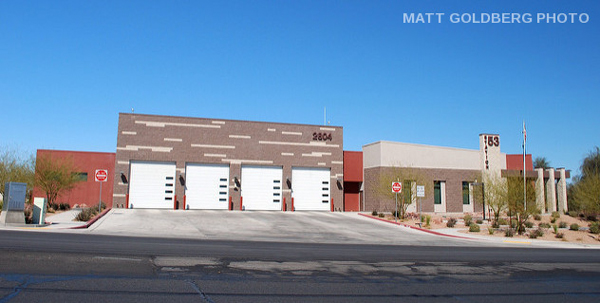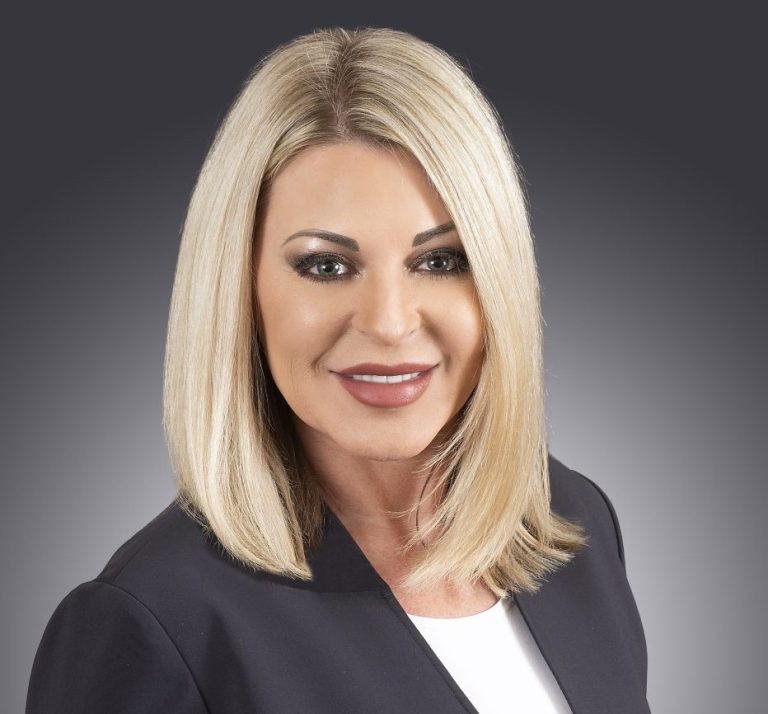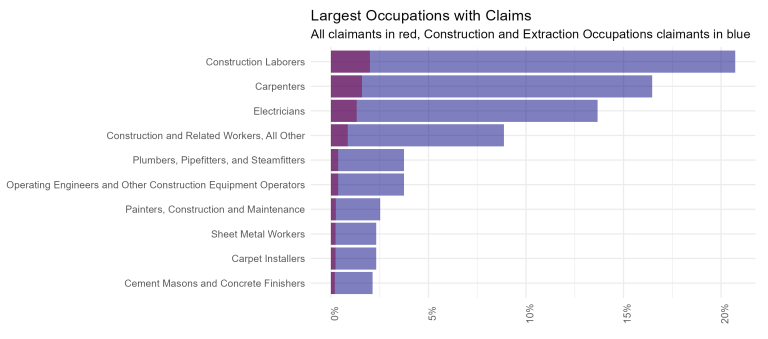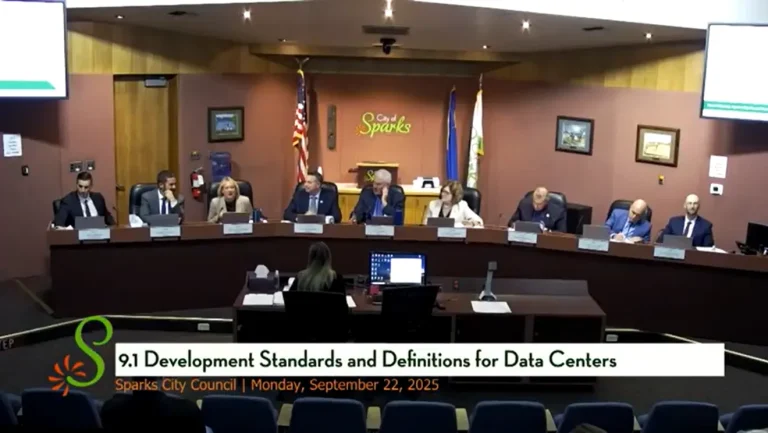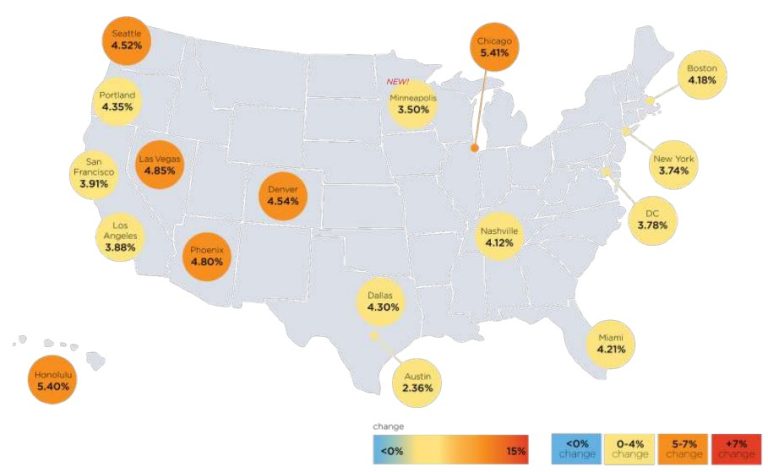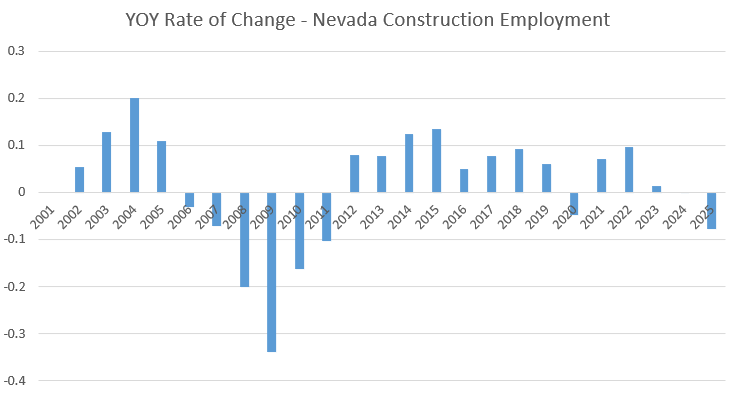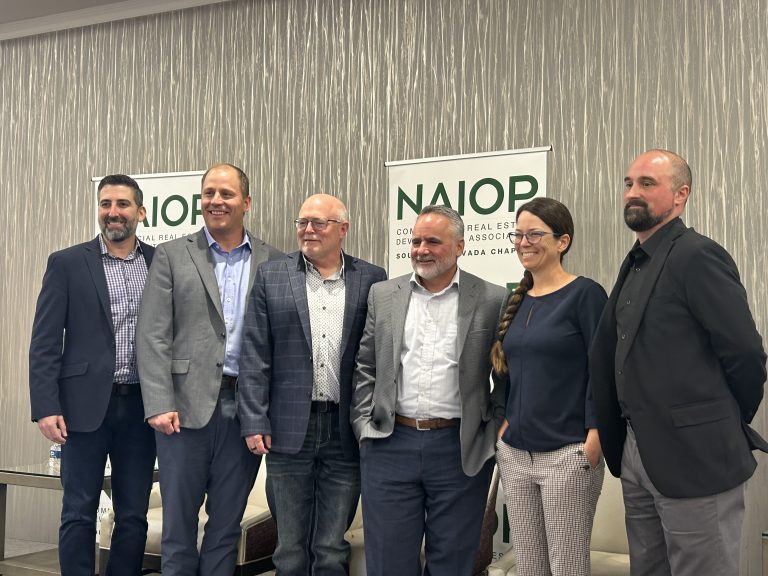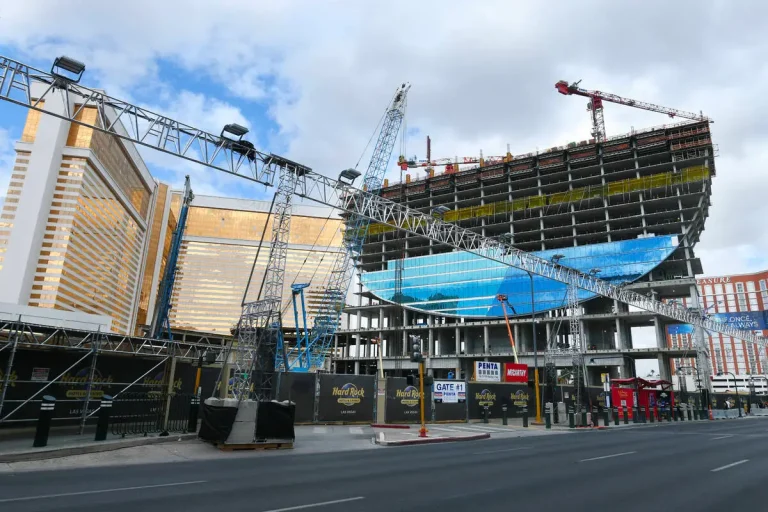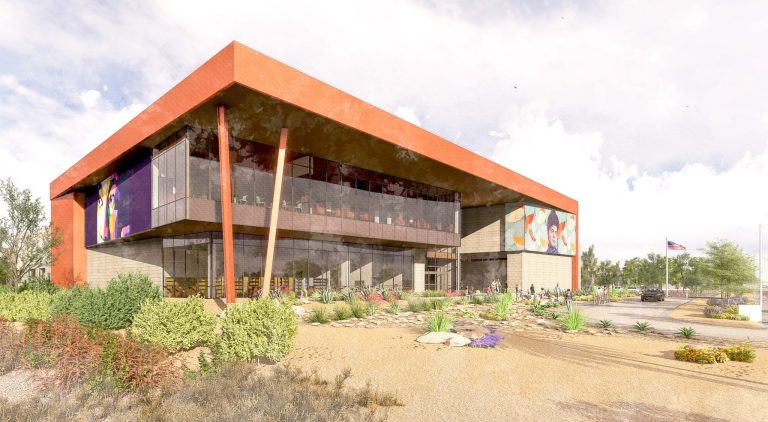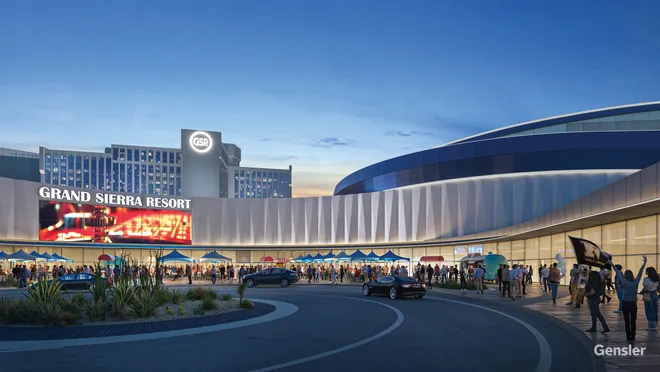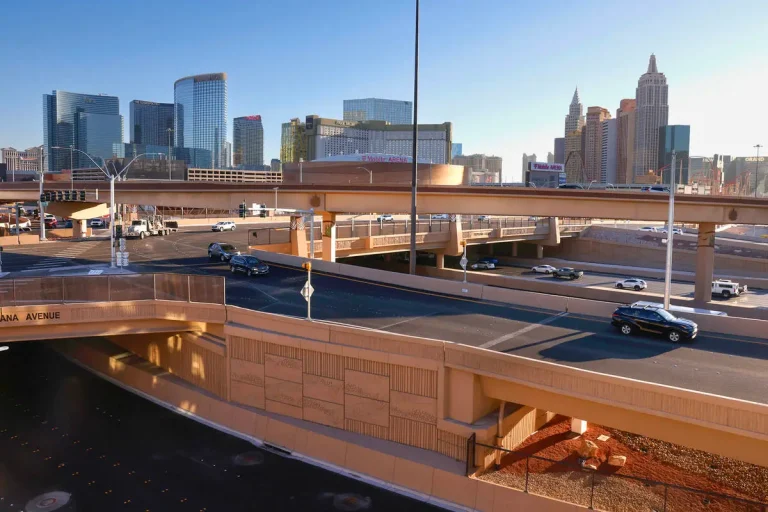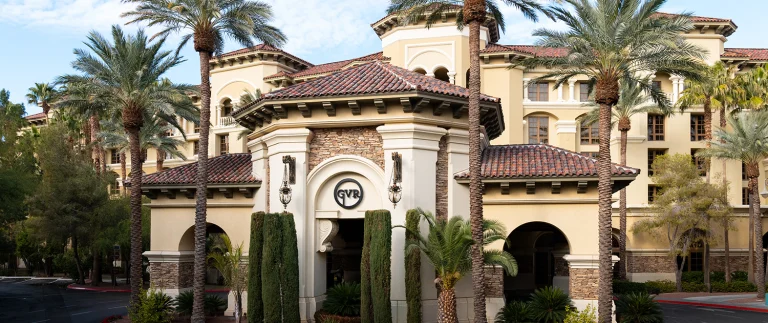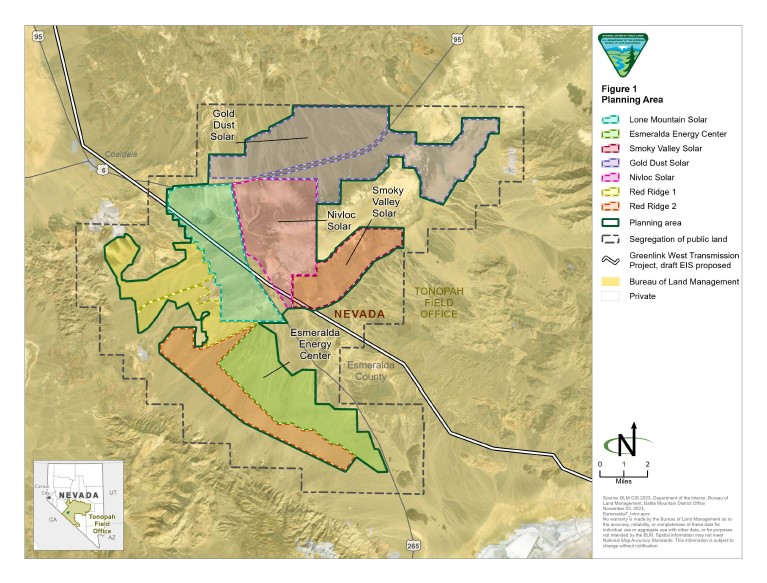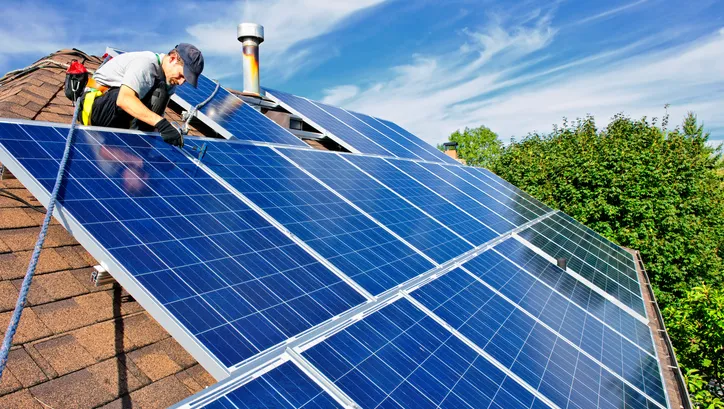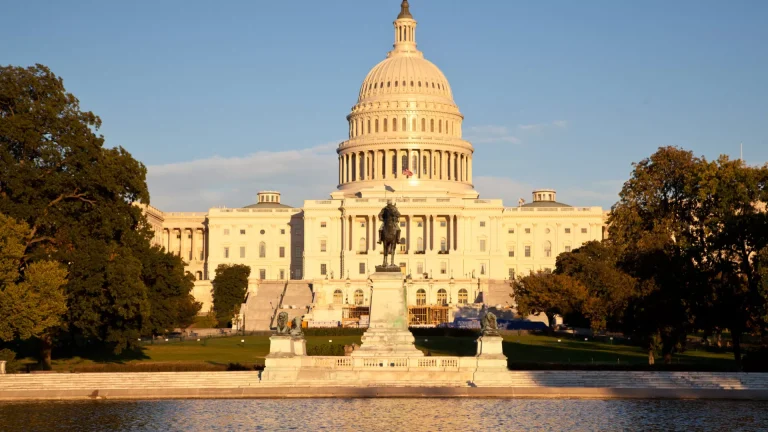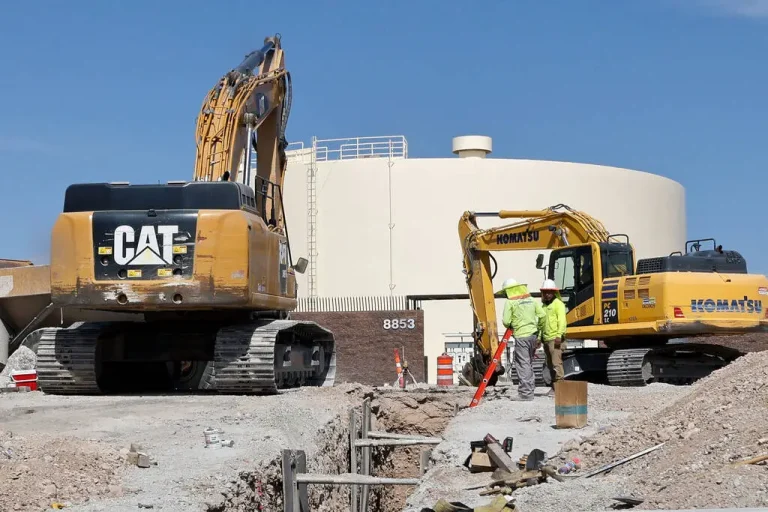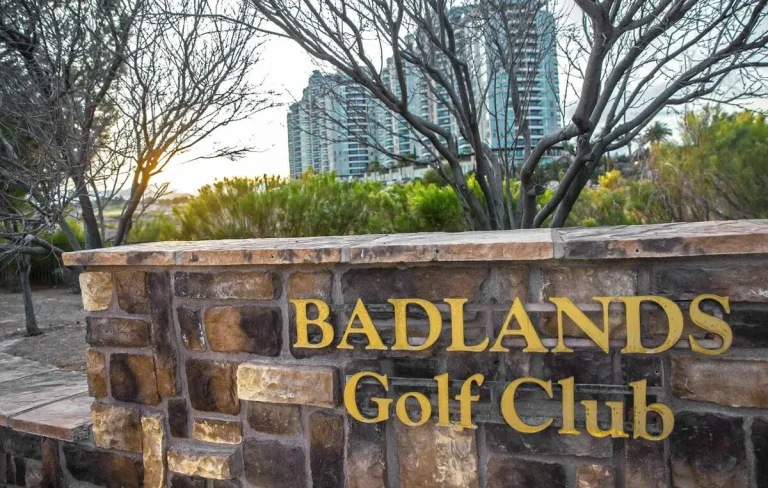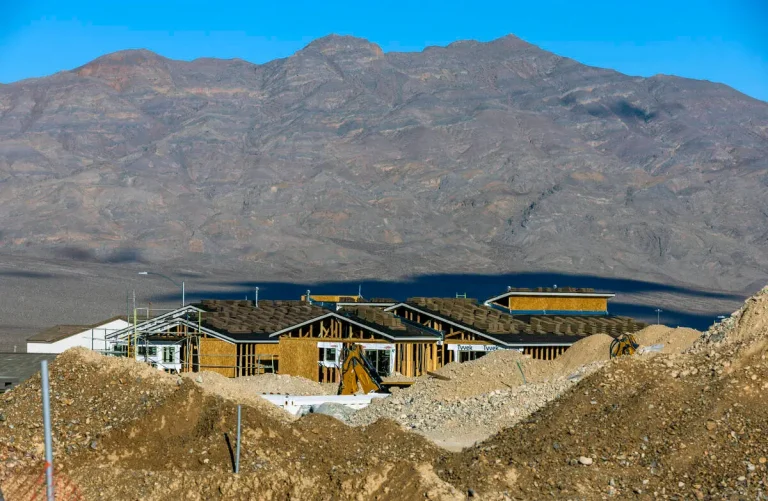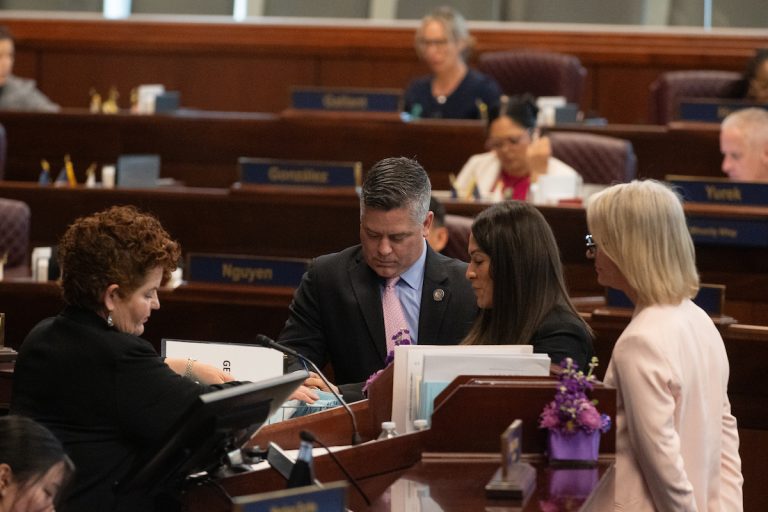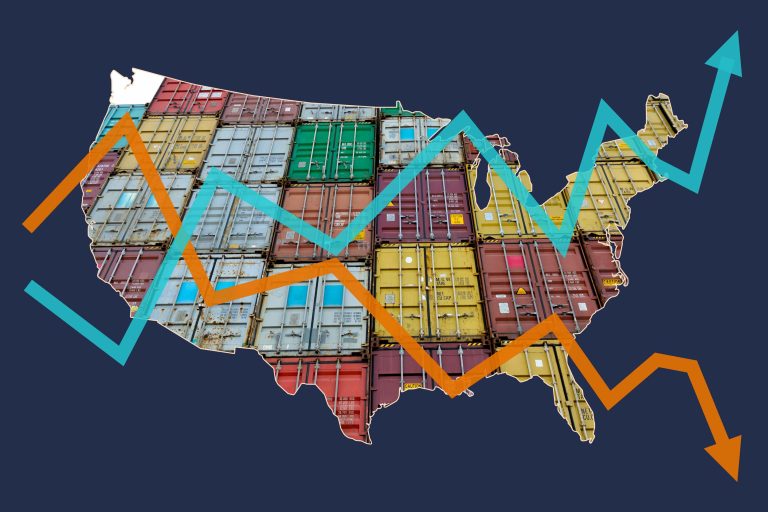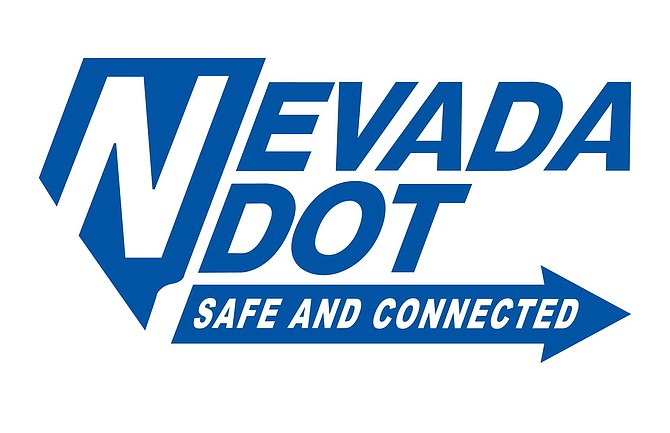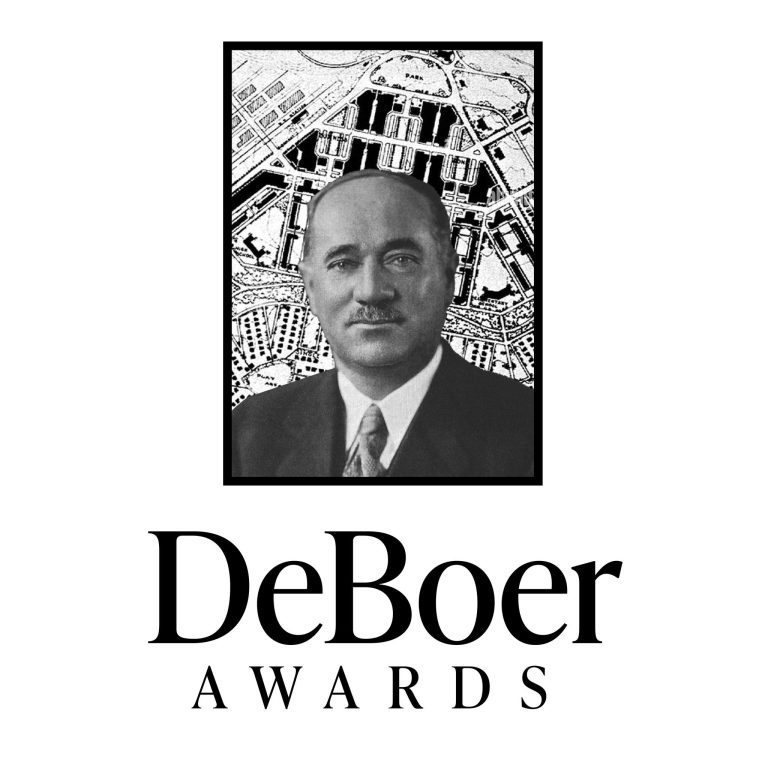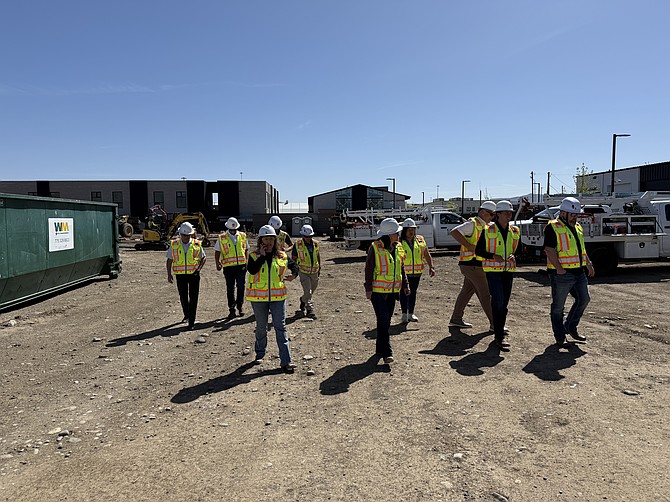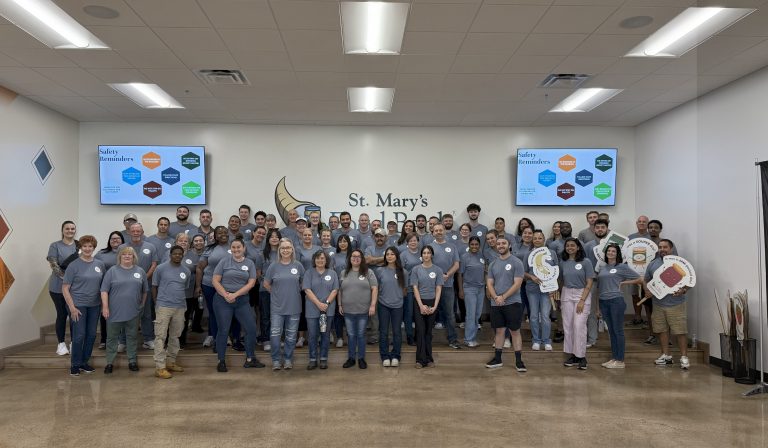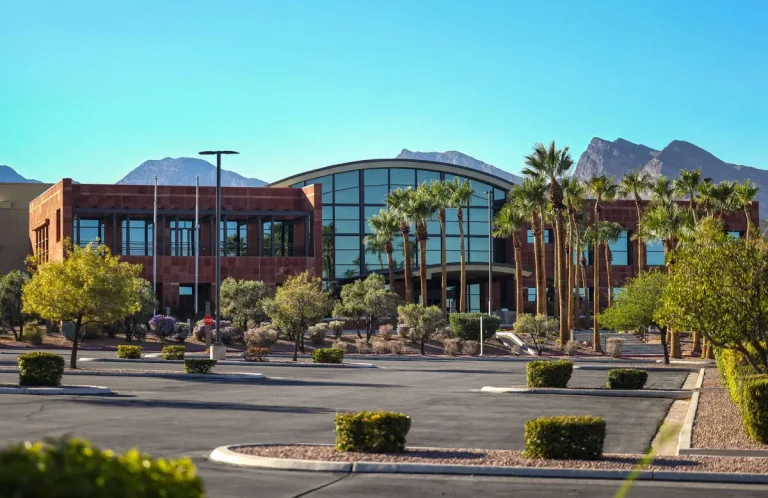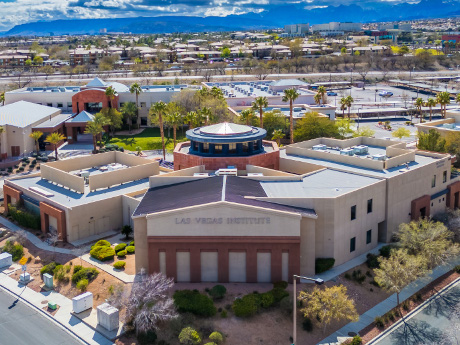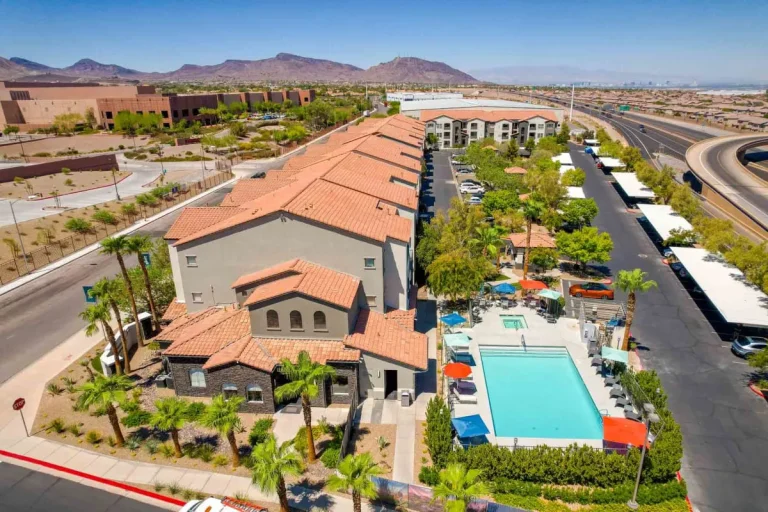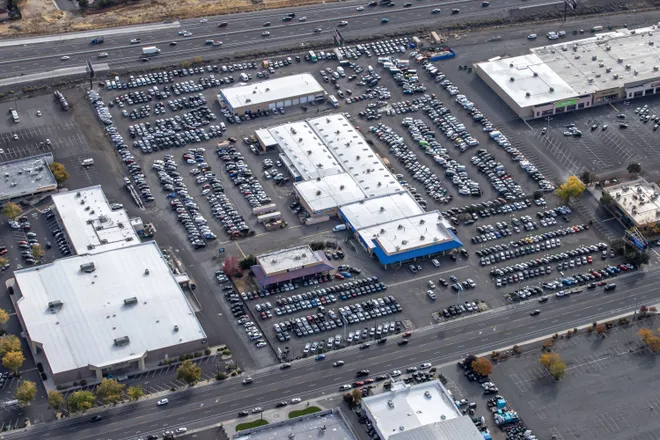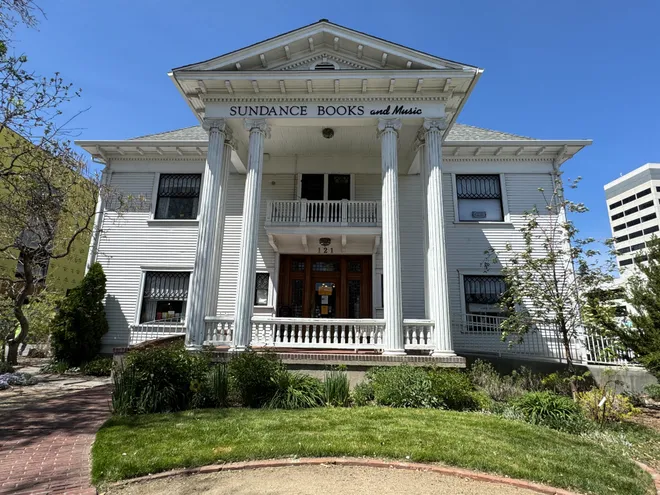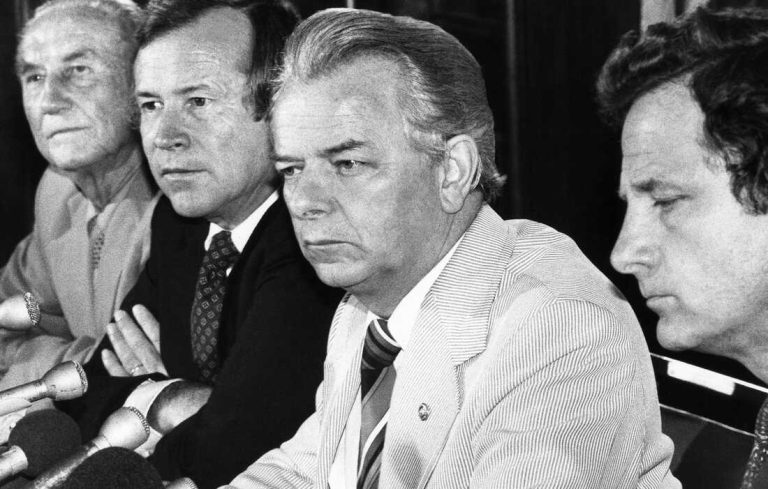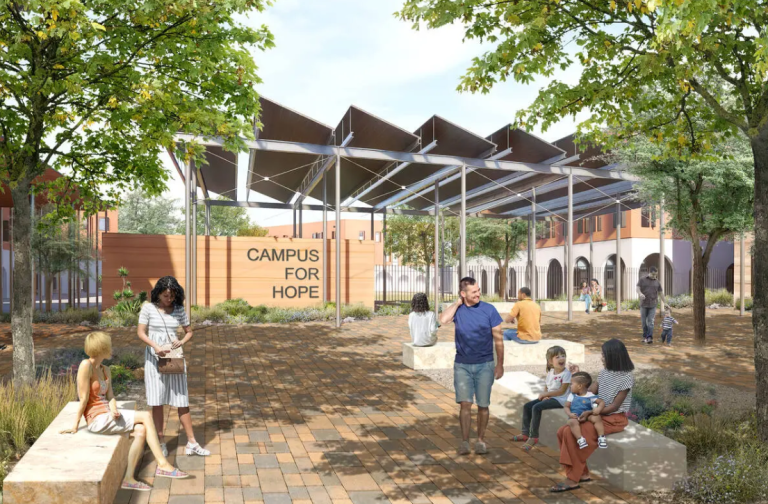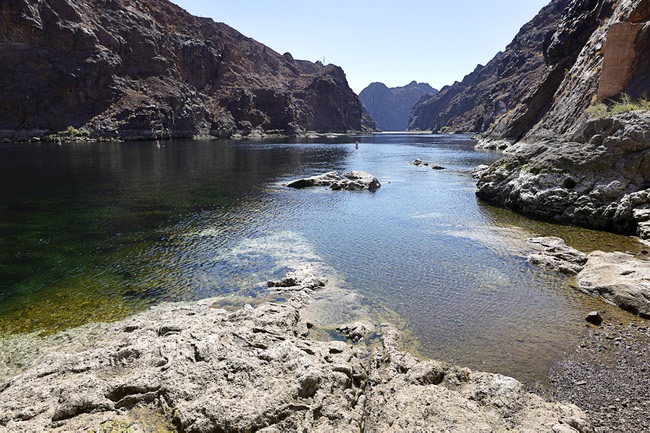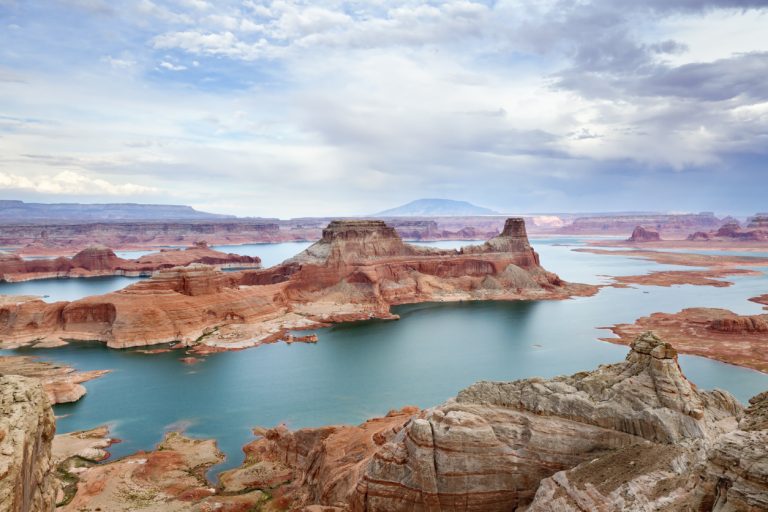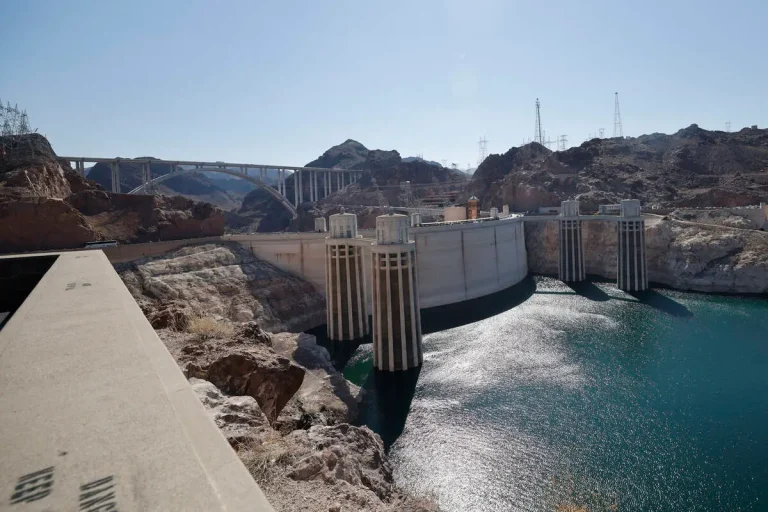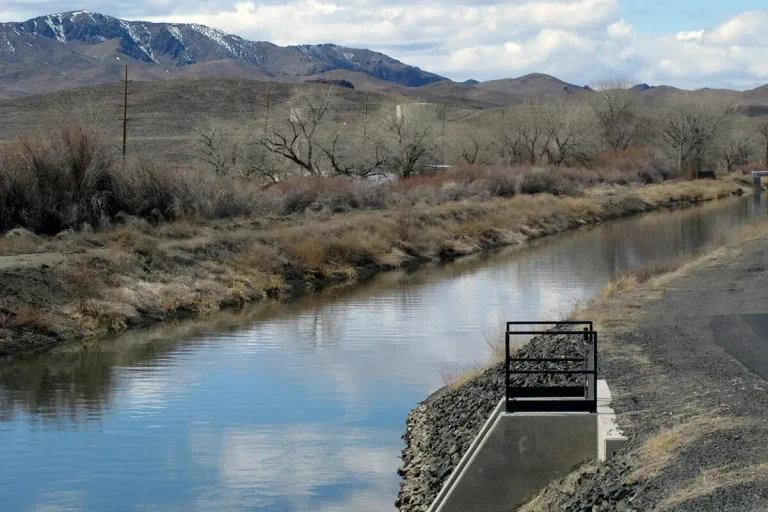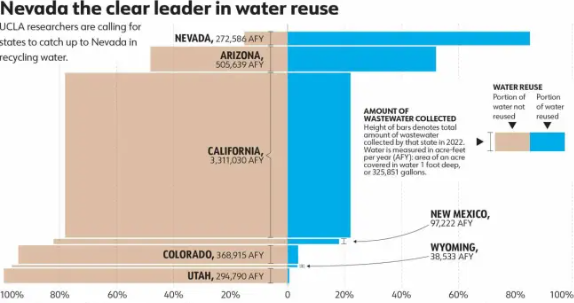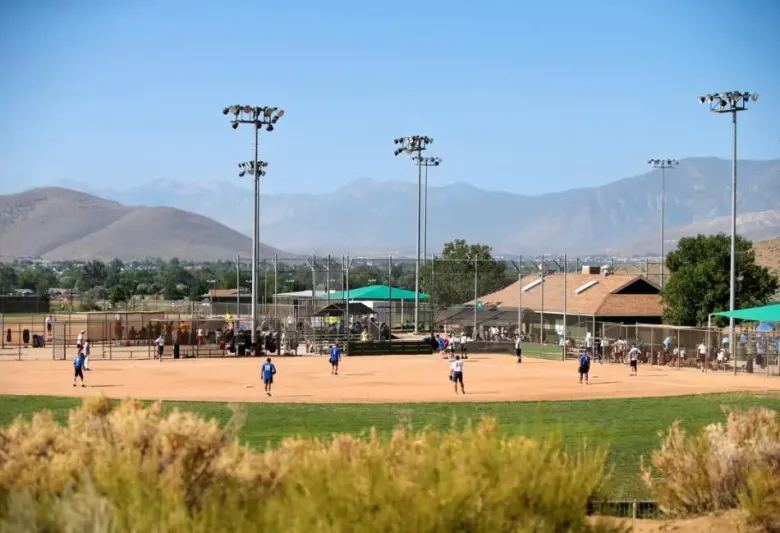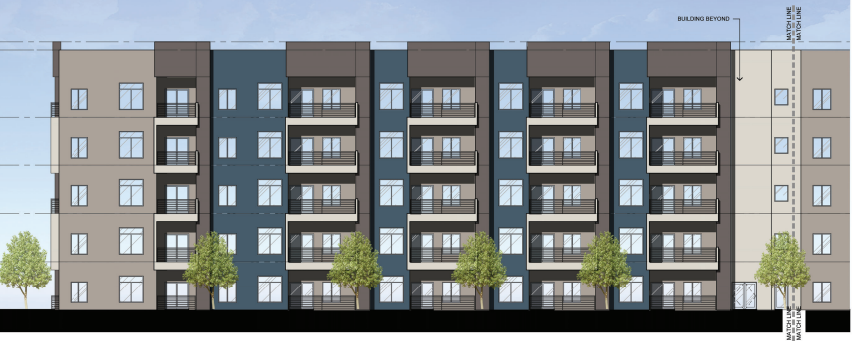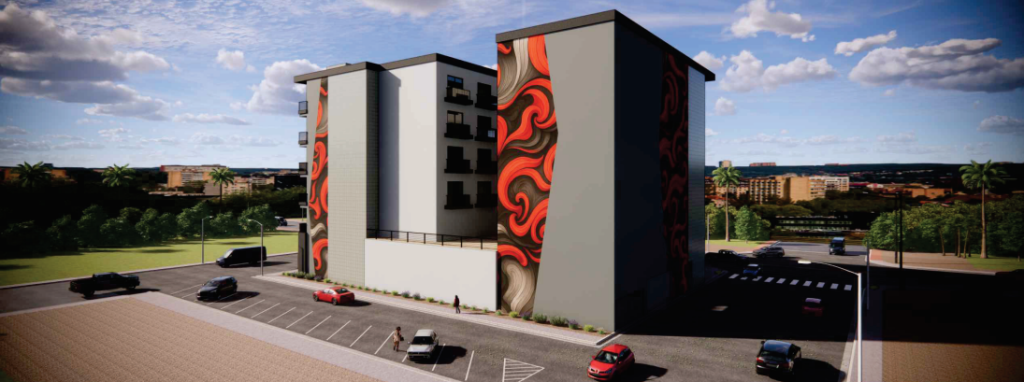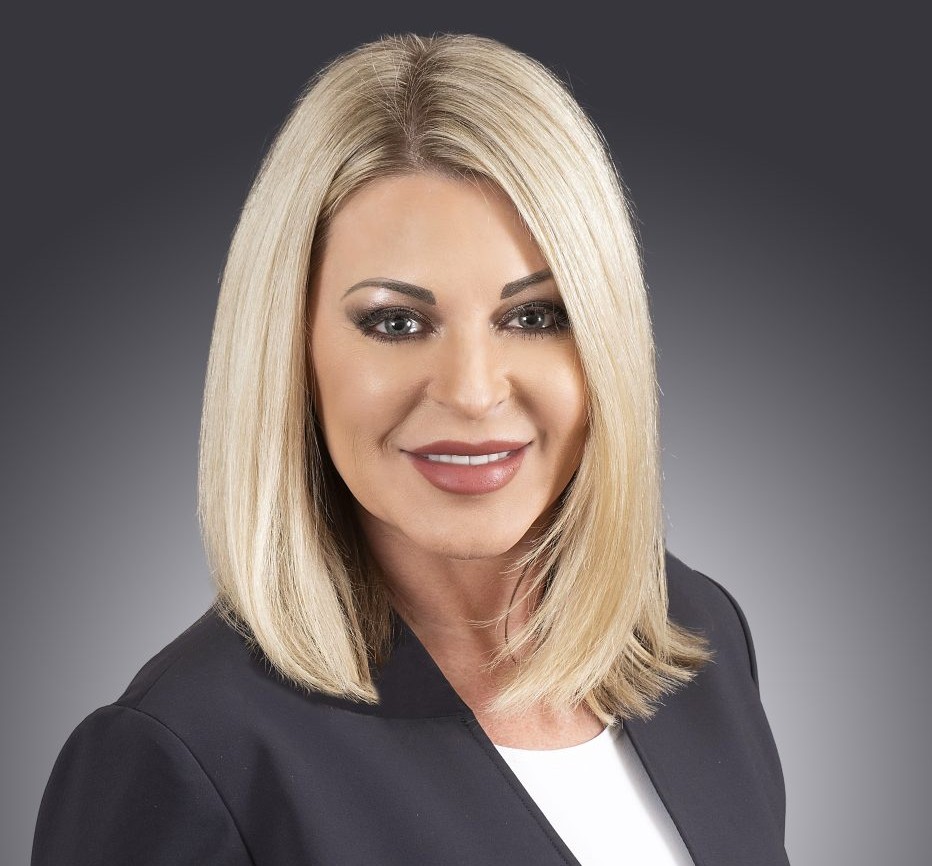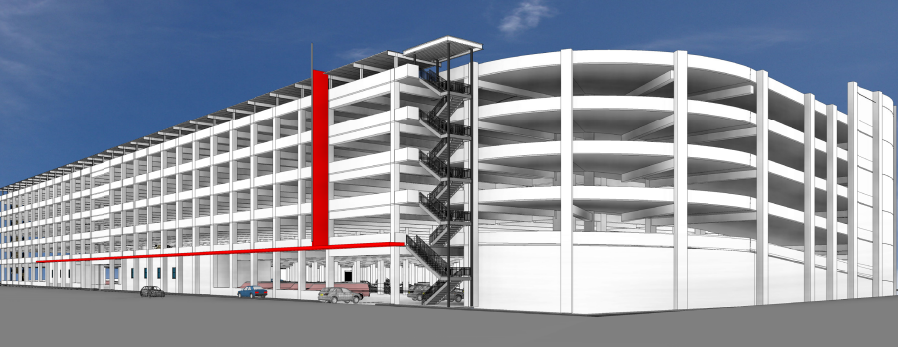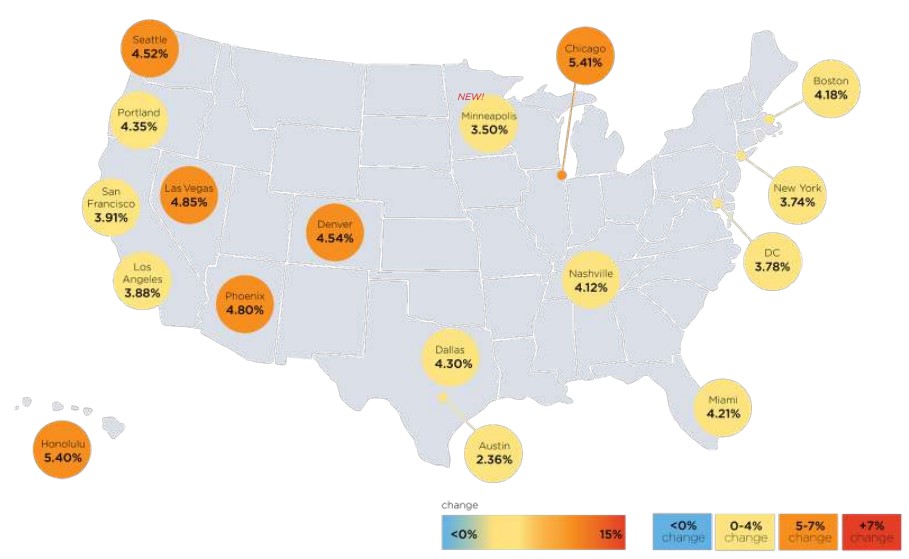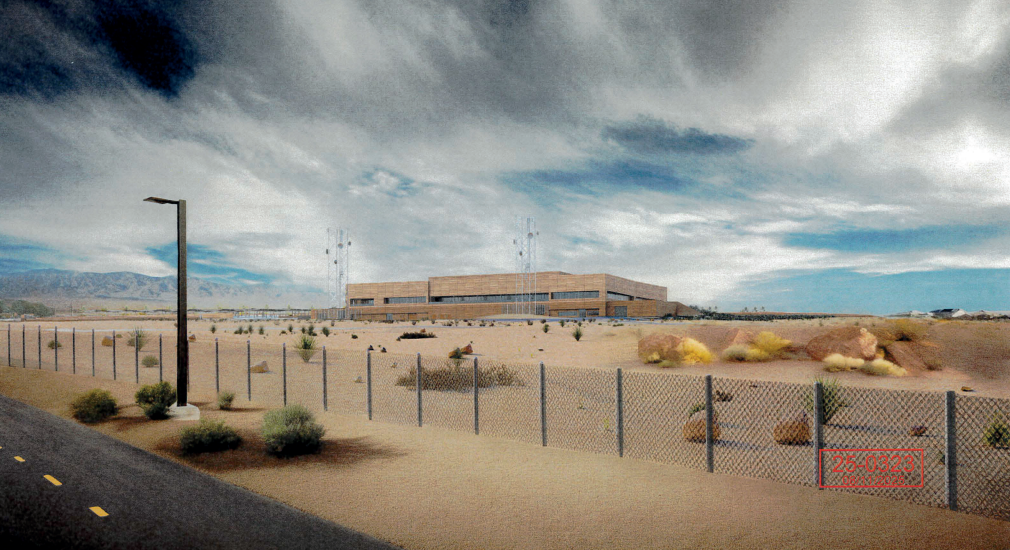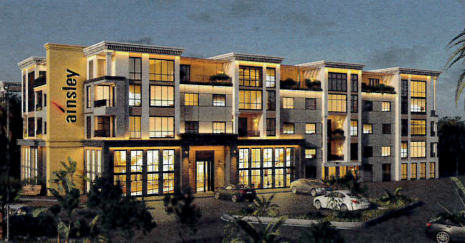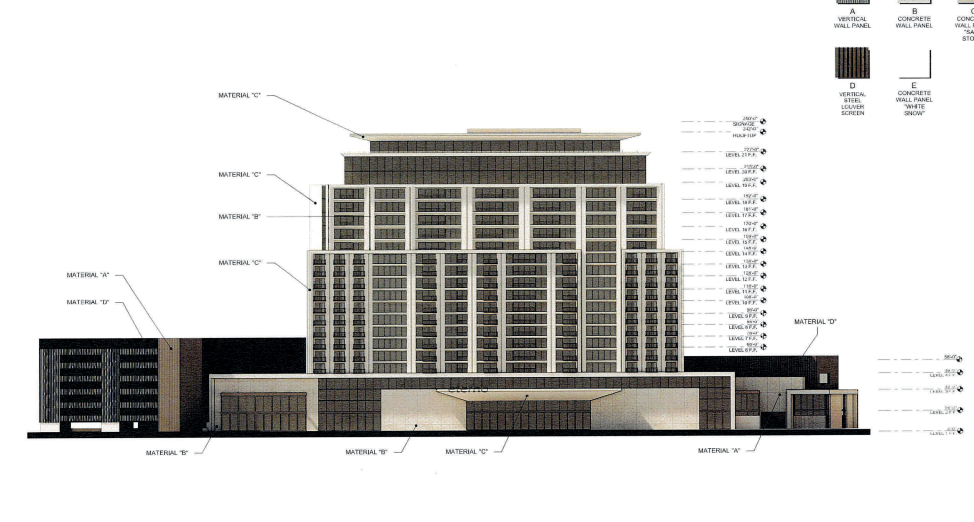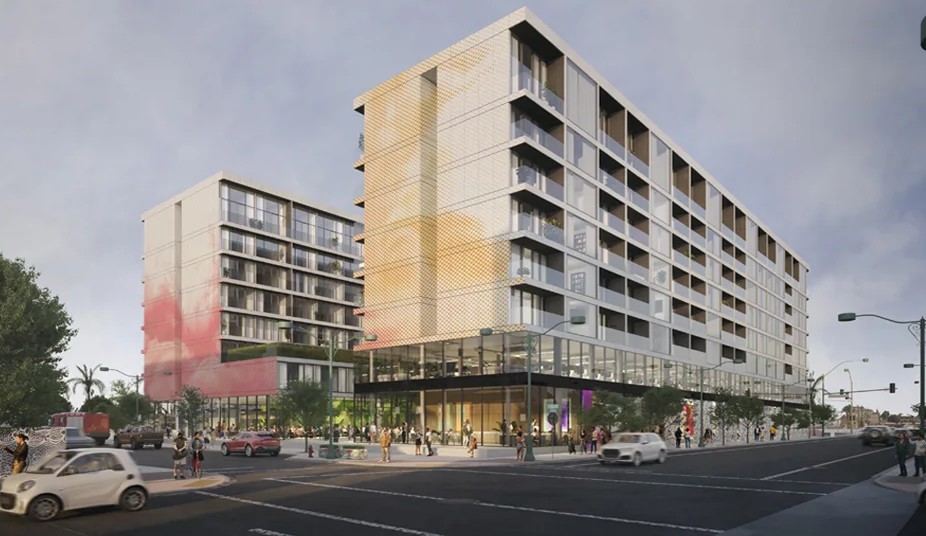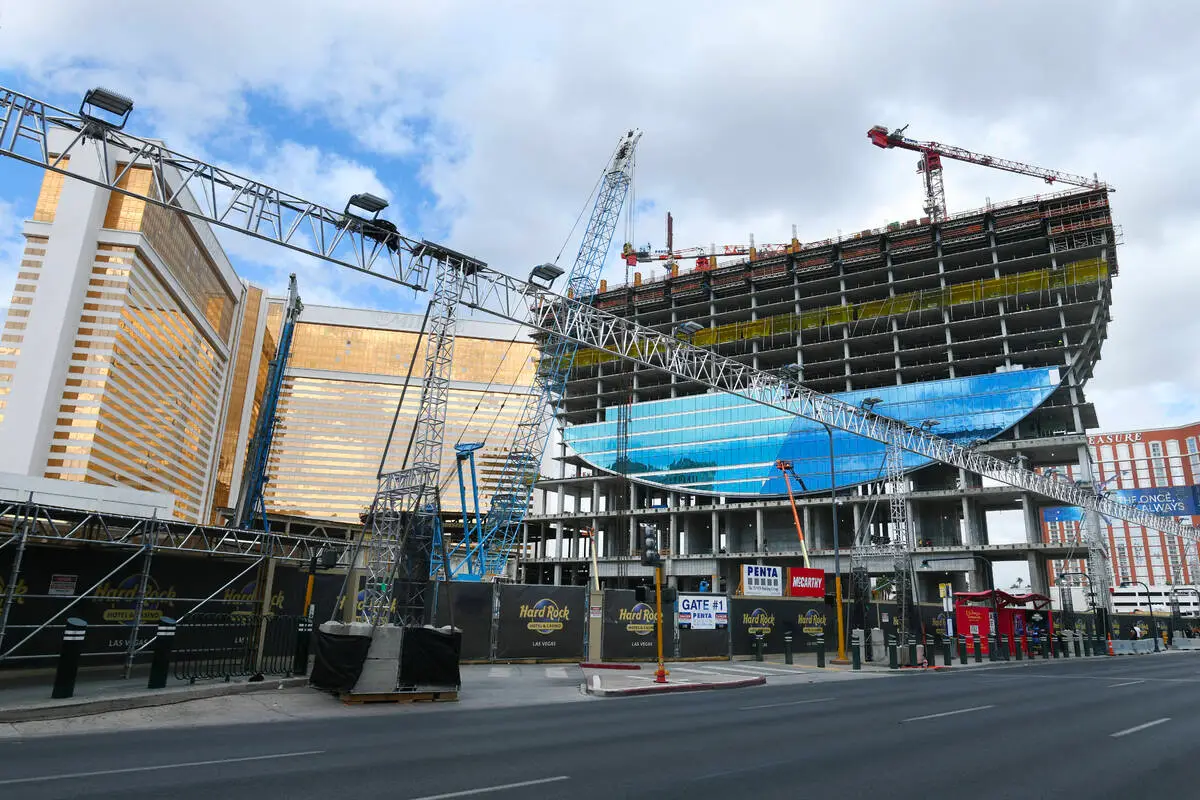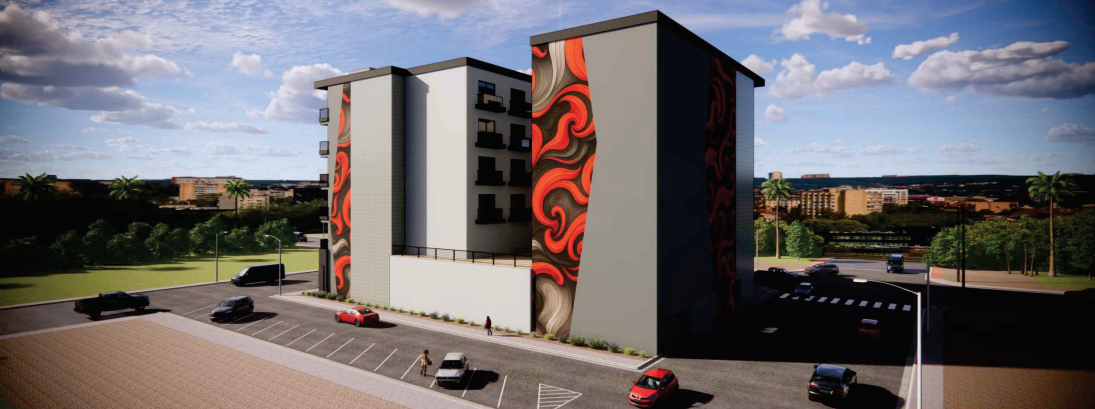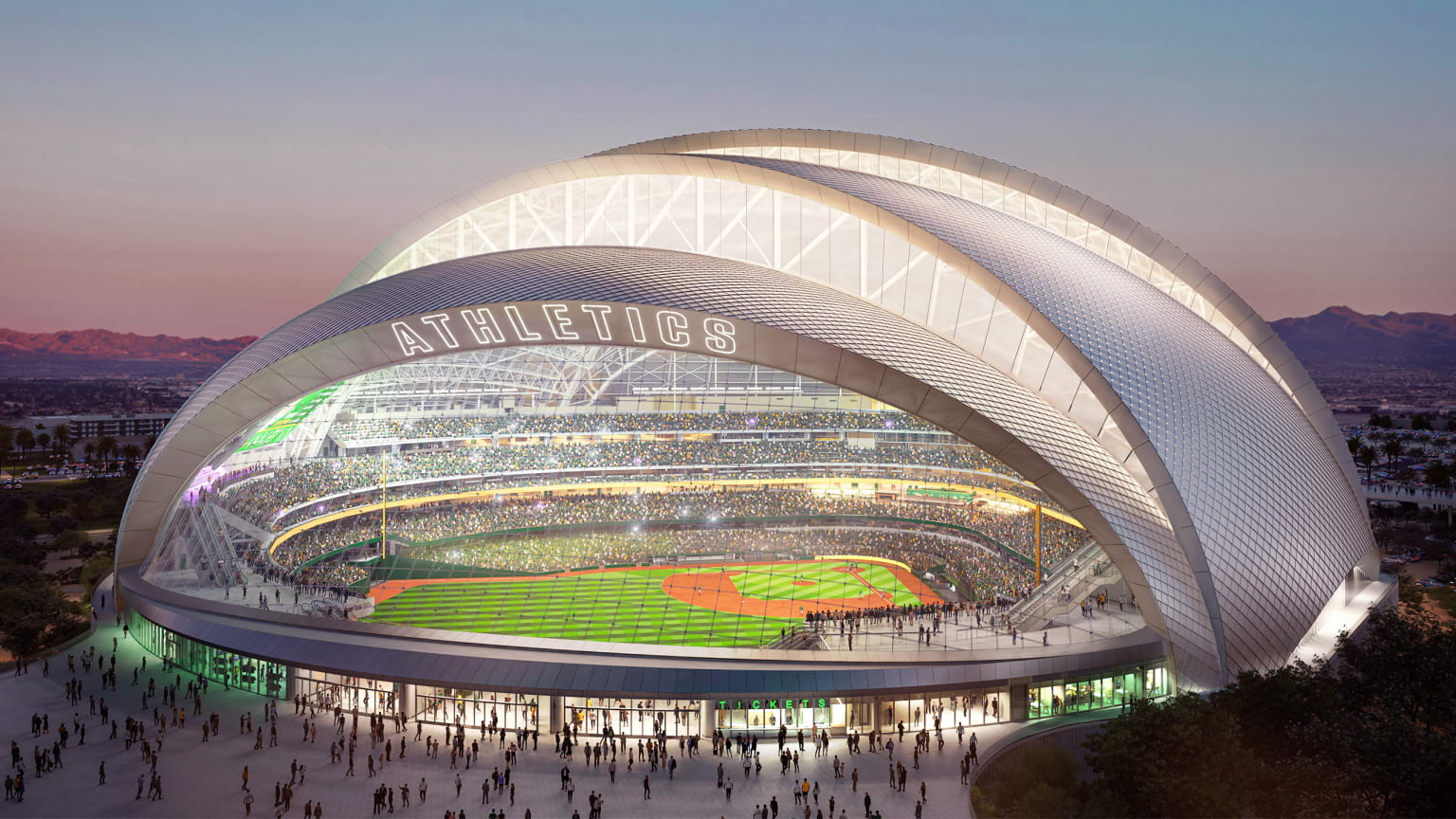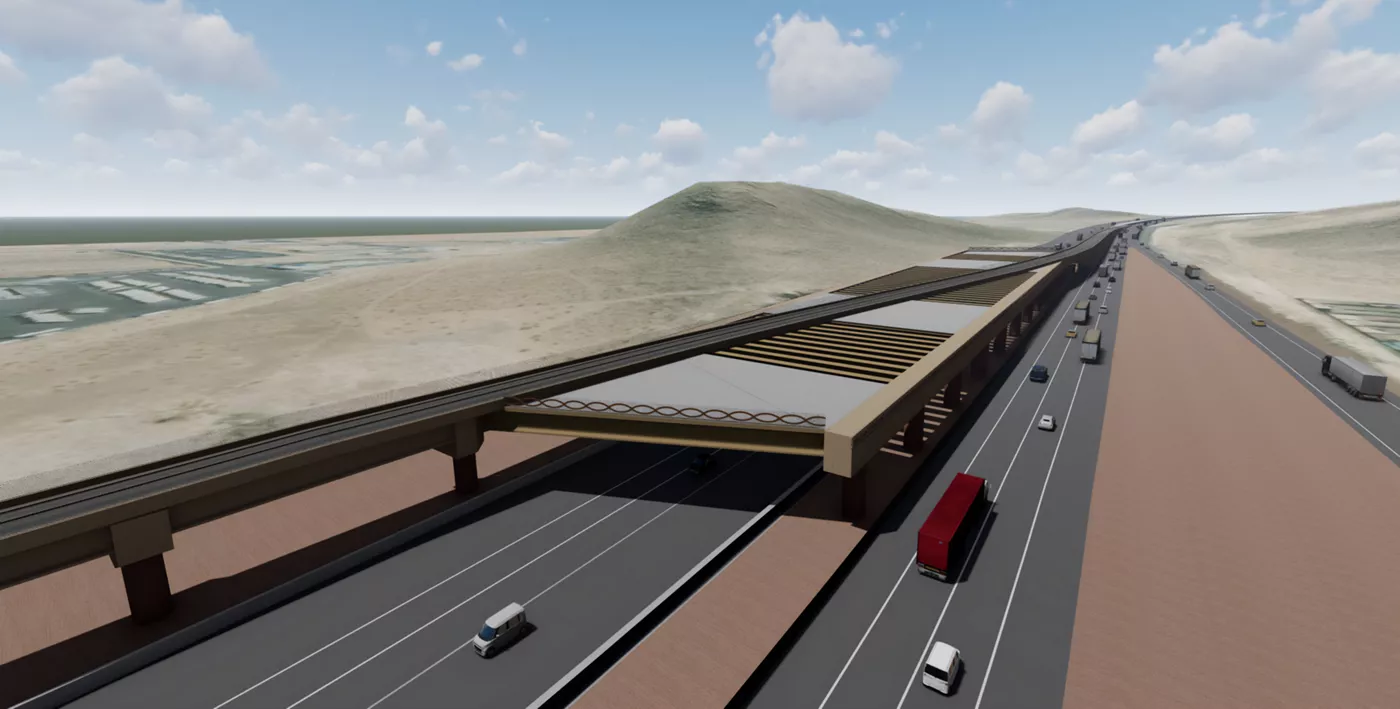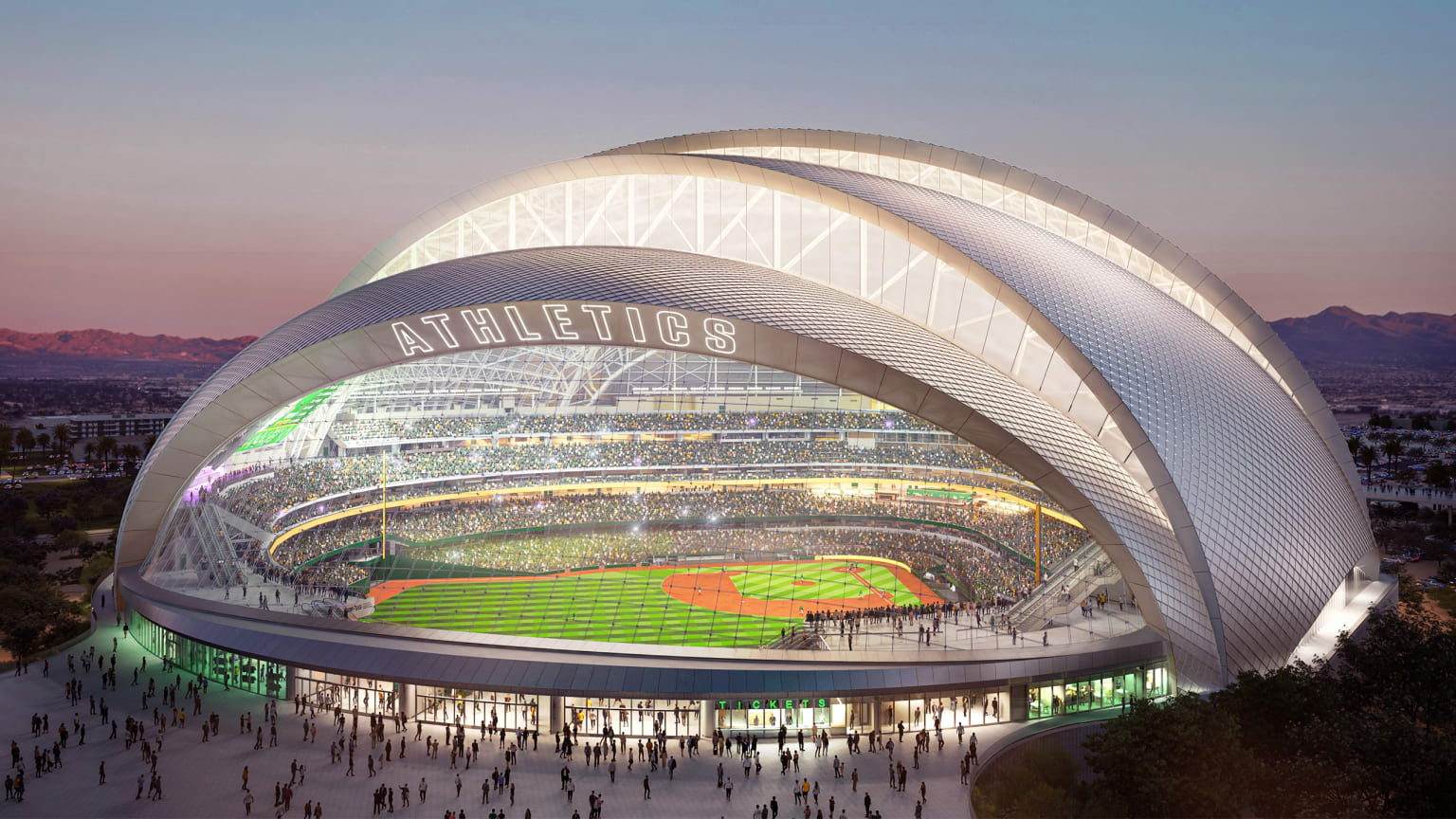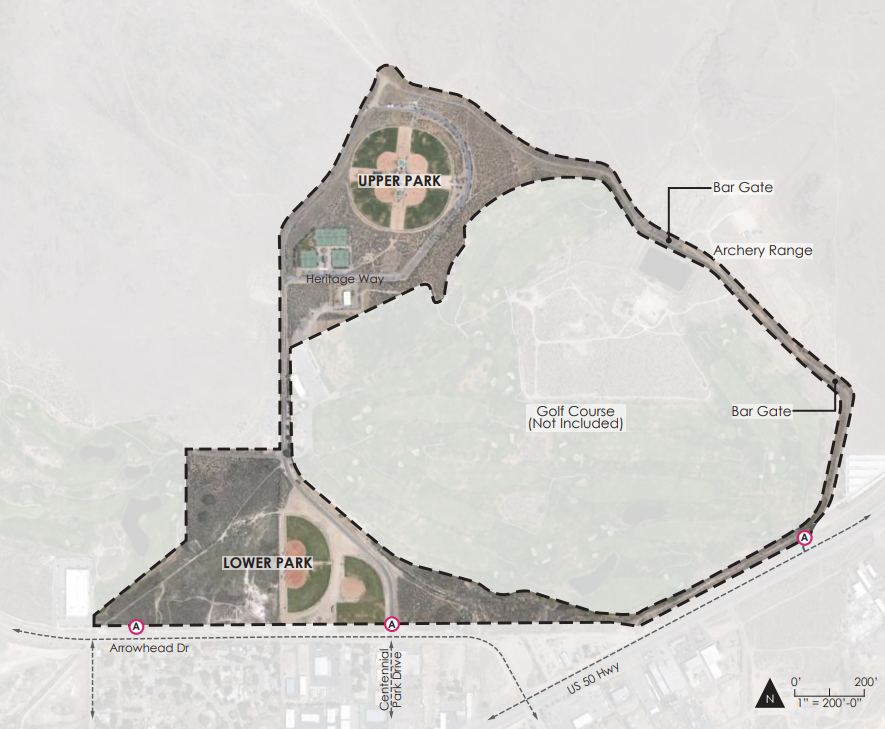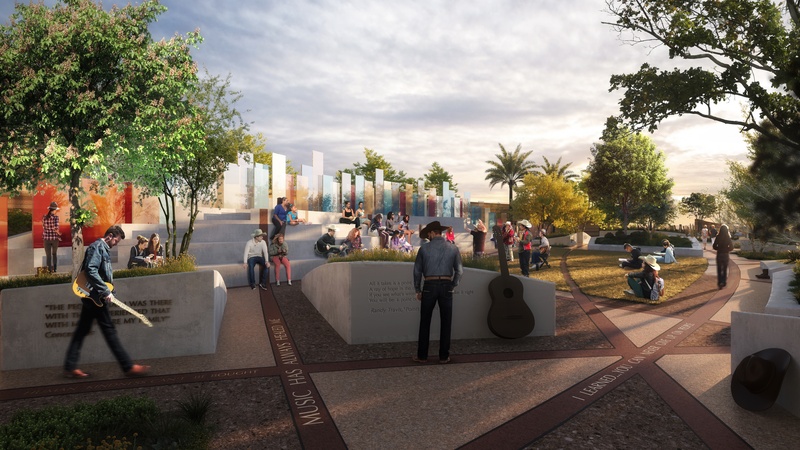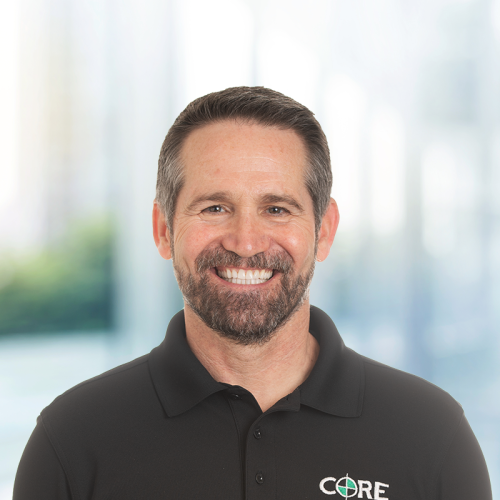The Carson City Board of Supervisors approved a $6.1M contract with Spinturf LLC to convert the grass fields to turf at JohnD Winters Centennial Park.
The park is owned by the City of Carson City. Lloyd Consulting Group LLC designed the project on behalf of the City. Spinturf LLC is the general contractor.
The project also features a maintenance yard shade structure, shock absorption underlayment mat, 35 trees and a retaining wall. Groundbreaking is slated for October.
Project History
The project has been under consideration for two years. An agreement was formed in 2023 between the Supervisors and Visit Carson City that pledged a percentage of room tax revenue to repay $5M in general obligation bonds. The bonds are to be repaid over the course of 21 years.
The bonds were issued in early 2024. In September of the same year, the Board of Supervisors brought on Lloyd Consulting Group LLC for the design phase.
Then, the Board debated whether to use natural materials—such as safe shell, olive pits, tumbled wood, cork and coconut—or artificial turf. Supervisors ultimately decided to go with artificial turf comprised of encapsulated rubber as it was cheaper. Detractors, however, noted the artificial turf retains more heat than natural turf.
Pros and Cons of Artificial Turf
The National Recreation and Park Association reported that studies have shown the surface temperature of turf averaged 37 degrees higher than asphalt, and 86.5 degrees hotter than grass fields. The studies also noted any temperature higher than 120 degrees can cause skin burns within two seconds of contact.
Another investigation from KSL news demonstrated that in temperatures ranging from 83-100 degrees, turf was found to range from 146 to 186 degrees. During a day that reached 112 degrees, the turf at a park was recorded to reach 190 degrees.
The conversion of the fields is expected to save roughly 8 million gallons of water annually. Moreover, turf is resistant to other types of weather that can cause things like mud. Turf is also typically flat and without bumps and divots that can cause injury. Supporters of artificial turf also note that it helps schools and public entities save money on maintenance costs.

